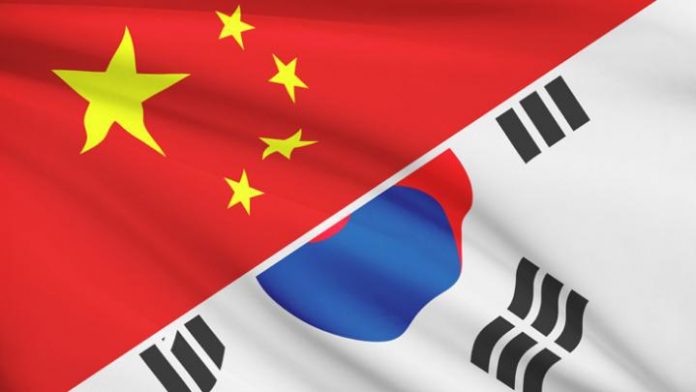The number of Chinese medical tourists visiting South Korea is in decline due to diplomatic and trade tensions.
The number of Chinese tourists visiting South Korea is in decline due to diplomatic and trade tensions between the two countries.
In March, Beijing banned travel agencies in the country from selling package tours bound for South Korea as economic retaliation, casting a pall over South Korea’s tourism industry that depends heavily on Chinese tourists.
8 million Chinese tourists a year have visited South Korea over the last five years, nearly half of the total number of tourists.
Jeju used to bustle with Chinese tourists until recently. Travel agencies, hotels and restaurants operating in Jeju were already suffering even before the ban on package tours came into force. Hotels and travel agencies have closed. Jeju has many cosmetic surgery clinics, mostly targeting the Chinese.
The number of Chinese medical tourists began falling in 2016 after problems with poor control over the quality of clinics, a boom in unlicensed clinics, and much publicity in China about problems concerning treatment.
Busan, a southern port city frequented by Chinese tourists, is one of the cities hardest hit. This has seen many cosmetic clinics open in recent years, but 2017 has seen many forced to temporarily or permanently close down. Those relying on individual business report business down 20%, but those relying on group tours have been badly hit, some enough to close down.
The situation is similar in Chinatown in Incheon, a popular tourist destination on the west coast. According to figures from the Incheon metropolitan government, the number of foreigners visiting the city’s Junggu district where Chinatown is located almost halved from 18,000 in 2015 to 9,800 in 2016- and 2017 looks to be worse.
The tourism industry and municipal governments are desperately trying to find a way out. The Jeju provincial government requested $5 million in financial support and the same amount again in low-interest loans from the central government to make up for the losses stemming from the massive trip cancellations by China-based cruise giants.
The country seeks to make up numbers by targeting Japan, Taiwan and Southeast Asian countries. Jeju and Busan are developing tour packages for residents of major Japanese cities that have direct flight services-including medical tourism packages.
The government also plans to expand marketing activities to attract other Chinese-speaking people from Taiwan and Hong Kong.
Korea has still to solve the issues related to illegal clinics and agents, poor quality control, and out of control advertising by these agencies.






 ©2024 All rights reserved LaingBuisson
©2024 All rights reserved LaingBuisson 


